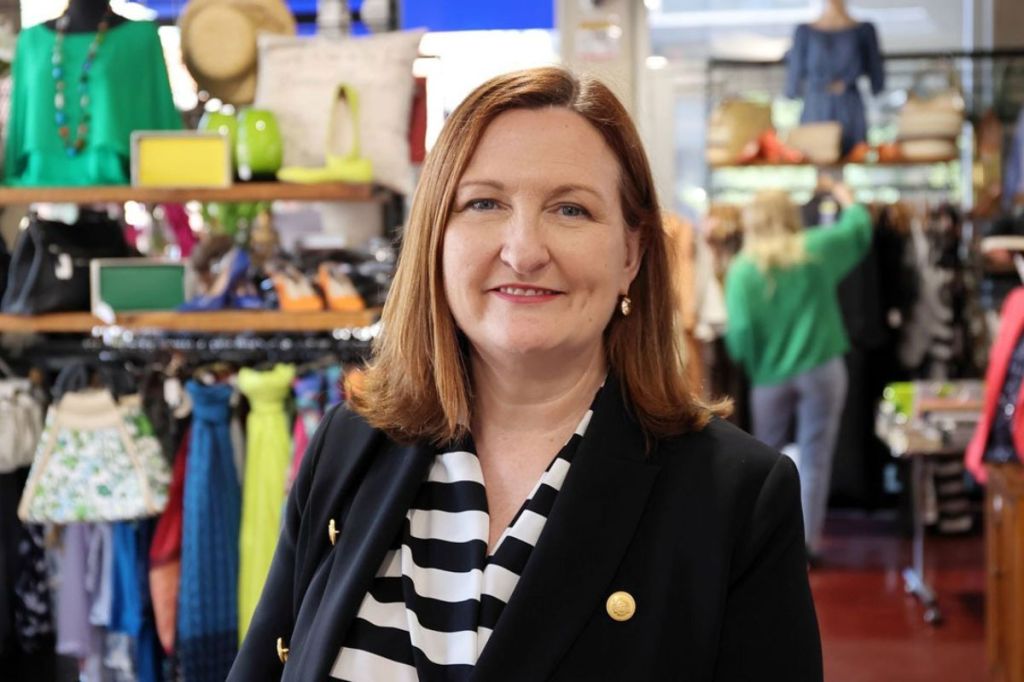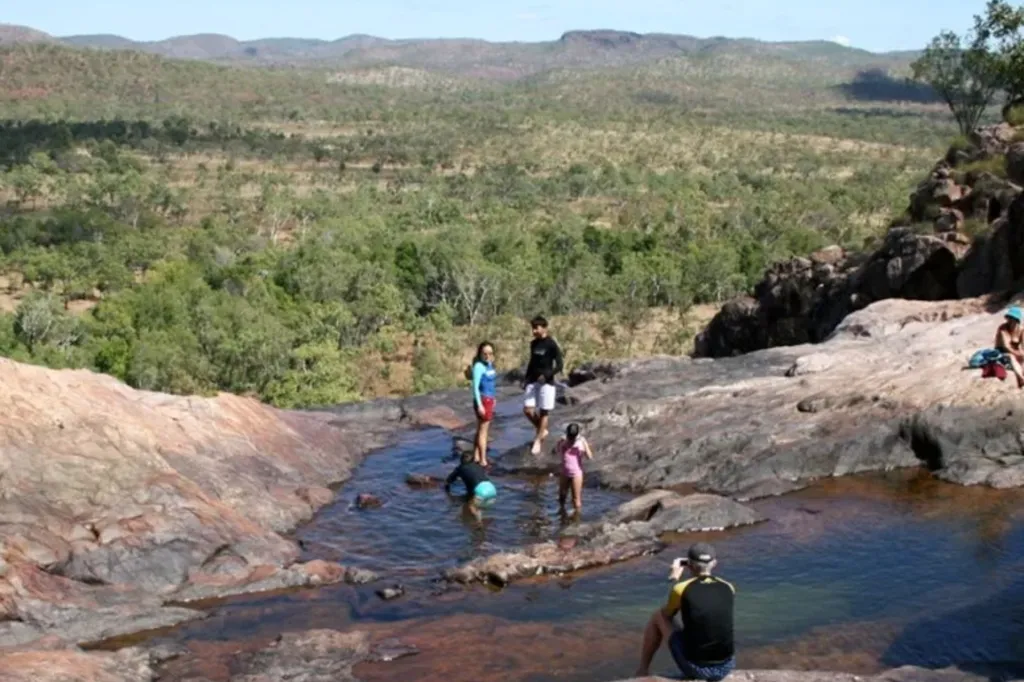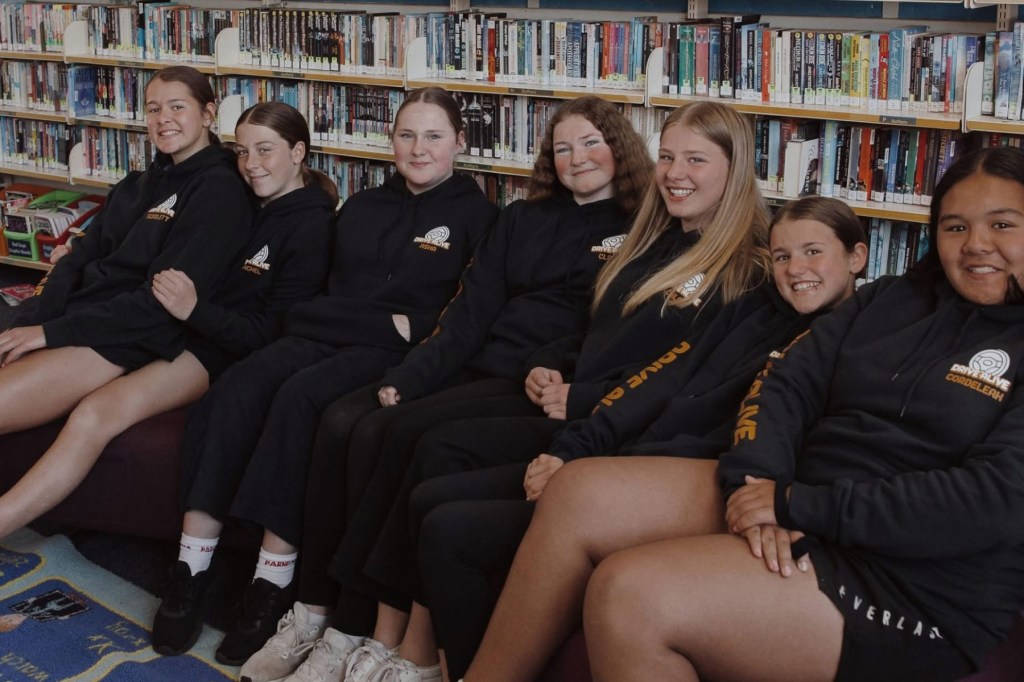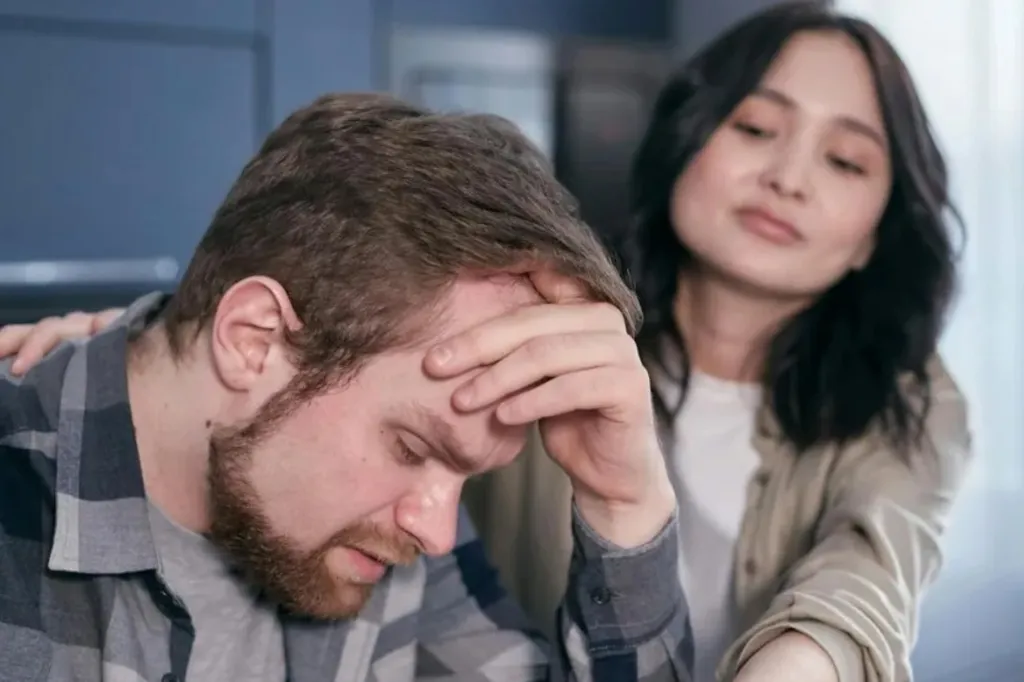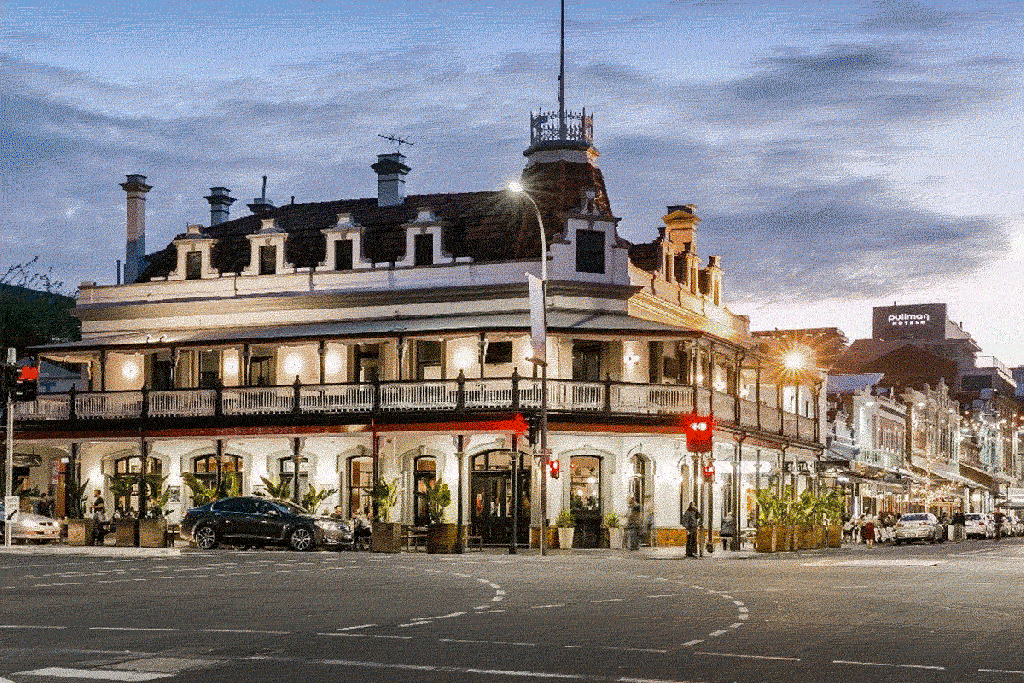SA Aboriginal leaders grapple with a ‘second chance’ for First Nations Voice
South Australia’s commitment to a First Nations Voice to Parliament has brought great hope for a new era of Aboriginal representation, but it won’t be without challenges. Thomas Kelsall visited regional SA with the Electoral Commission ahead of next week’s vote.
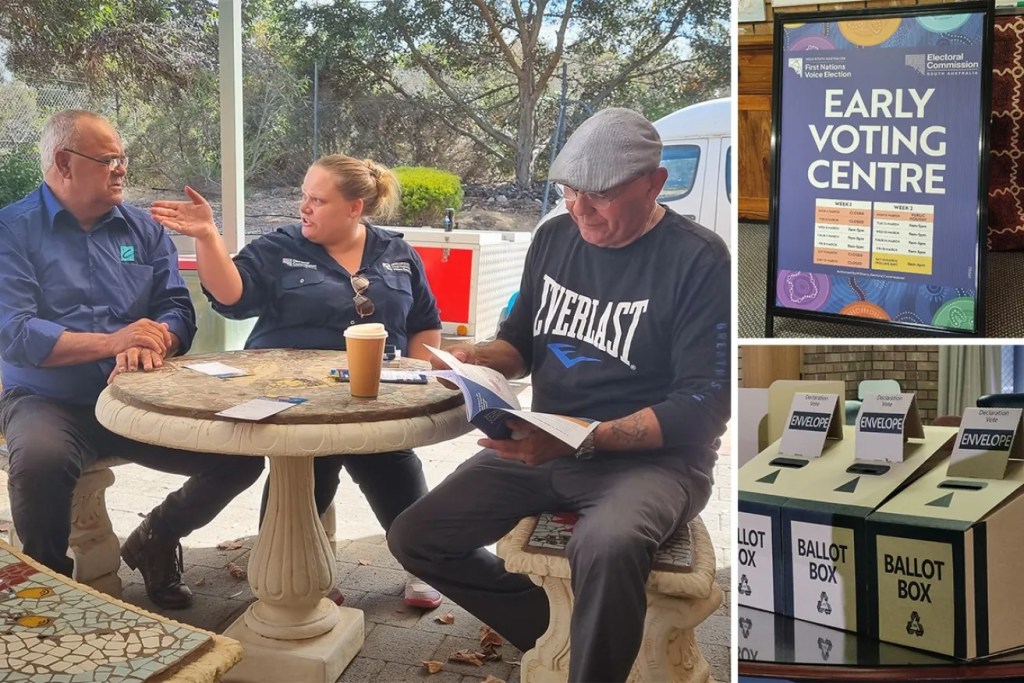
For Aboriginal education worker Rebecca Miller, Australia’s rejection of the Voice to Parliament last year was heartbreaking.
“I’m a statistics person,” the Port Lincoln local said, “So looking at the statistics, and particularly around Port Lincoln and how many No votes was here, I was gutted.
“I felt out of place for weeks. And I was quite emotional and I didn’t know how to deal with that.
“I mix quite well with this community, Aboriginal and non-Aboriginal. So it was heartbreaking to know that the people that I interact with on a daily basis that I talked to as friends possibly voted No.”
Miller is now one of 19 candidates who have put themselves forward to represent the West and West Coast region in the inaugural South Australian First Nations Voice to Parliament.

Rebecca Miller says she hopes the Voice will start conversations and prompt politicians to act on Indigenous issues. Photo: Thomas Kelsall/InDaily
The region she hopes to represent stretches from Cowell on the eastern Eyre Peninsula all the way to the Western Australian border, capturing the Aboriginal communities of Koonibba, Yalata and Oak Valley in between.
The West Coast region also sits within the federal electorate of Grey, which recorded one of the highest No votes in Australia at the referendum (79.47 per cent). In Port Lincoln alone, 7500 people rejected the Voice – more than three times the number of Yes voters (around 2200).
“Basically, this whole town voted No,” said Keenan Smith, a Wirangu, Mirning and Kokatha person from the West Coast who now lives in Adelaide.
“There was a few Yes voters and stuff, but… it wasn’t a nice experience being there and seeing those results.
You might like
“And it really had me questioning the people that I grew up with.
“I think a lot of the dialogue and a lot of the conversations that were happening around the Voice on both sides, but in particular the No side, was horrible and they weren’t really thinking about the impact on the mental and social wellbeing of First Nations people.”
The Malinauskas Government established the State Voice via legislation last year and has rebuffed calls to disband it following the federal referendum’s failure. The electoral process has rolled on regardless of the political noise – early voting opened across the state on Wednesday ahead of polling day on March 16.
"“There’s gonna be a lot of scrutiny because people are already hyped and they’re already razzed up from all the debates from the federal campaign.”"
Smith and Miller are vying for one of seven spots on the West Coast Local Voice. The body will meet four to six times a year and its role will be to listen to issues that matter to local Aboriginal and Torres Strait Islanders, engage with local councils and other agencies, and pass on views to the State First Nations Voice.

An overview of the West and West Coast Voice region – one of six elected bodies in the SA Voice. Image: Electoral Commission of SA
Two members of the West Coast Voice will also sit on the State Voice, a 12-member body that will meet with state cabinet twice a year. The two presiding members of the State Voice can also make representations to state parliament about legislation.
Smith is standing for the West Coast region but also hopes for a spot on the state-level body. The 31-year-old believes the failure of the federal referendum has heightened expectations for South Australia’s Voice.
“There’s gonna be a lot of scrutiny because people are already hyped and they’re already razzed up from all the debates from the federal campaign,” Smith said.
“It’s going to be an interesting first year for the Voice. I think it’s going to give a lot of the candidates who are successful in representing their communities an even tougher job because… we’re kind of the guinea pigs for showing the positive impact that the Voice can provide.
“It’s not going to be perfect to start off with.”
Adding to the scrutiny is that South Australia’s Voice is not enshrined in the state’s constitution and could be wound back by a future state government.
The Liberal Party has questioned the purpose of the State Voice in the wake of South Australia’s 64 per cent No vote last October. The party also opposed legislation to establish the elected body last year and said the number of candidates to nominate – 113 – was “disappointing”.
Around 30,000 First Nations people are eligible to vote in the Voice election, although voting is not compulsory. The results will be declared on March 25.
Stay informed, daily

First Nations Voice material at a voter information centre in Port Lincoln. Photo: Thomas Kelsall/InDaily
Wirangu man Jack Johncock, a veteran of Aboriginal politics, is both excited and wary about the opportunity the State Voice brings.
He said he was not initially going to run for the Voice but was encouraged by his family and friends on the West Coast.
“I’ve always seen myself as the guy who’s not afraid to ask the tough questions and take on the challenges,” he told InDaily.
“I’ve been doing that for 40 years in my life in Aboriginal politics and I’ll continue to fight for our issues.”
Johncock, the father of Adelaide Crows 200-gamer Graham Johncock, is currently an Aboriginal support worker for Centacare and has had long involvement with native title groups, including the Far West Coast Aboriginal Corporation.
"“This chance we’re given here in South Australia – we need to grasp it.”"
Native title organisations have previously feared that the Voice could bypass their leadership and add more complexity to existing native title arrangements.
But Johncock argues the Voice will be “the best thing that’s ever happened because we’re going straight to government with the issues”.
“Native Title is all about land and country – it’s about looking after country,” he said.
“Whereas this is more about the politics and the living standards and hopefully bringing to the people the things that we’re missing out on – better health outcomes, better employment opportunities, better housing.”

Jack Johncock (left) speaking with an Electoral Commission staff member at a voting information session in Port Lincoln on Tuesday. Photo: Thomas Kelsall/InDaily
Johncock was also once a council member of the old Aboriginal and Torres Strait Islander Commission (ATSIC) – the lead elected body for Aboriginal affairs from 1990 until 2005 when it was disbanded by the Howard Government.
He blames the Commissioners of ATSIC for its demise but says the programs they ran, particularly “work for the dole” schemes, brought a lot of positives for remote communities. He now speaks with wariness about electing the right people to the Voice.
“This chance we’re given here in South Australia – we need to grasp it,” Johncock said.
“We need to work together. The government need to listen to the issues that we bring to the table and hopefully implement them.”
Asked what he believes the biggest opportunity of the Voice is, Johncock said: “[To] sit down with the Premier and his cohorts and hopefully look at what we need to prioritise.
“And hopefully they do something because governments never listen to Indigenous people.
“We saw what happened with the referendum last year – they don’t want to listen to black people. That’s the unfortunate thing.
“It was sad what happened last year… but we’ve got a second chance here in South Australia, which is great.”
